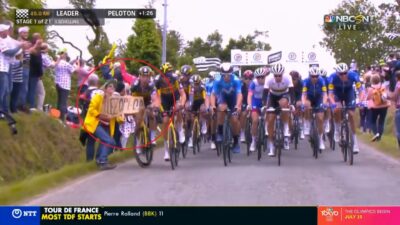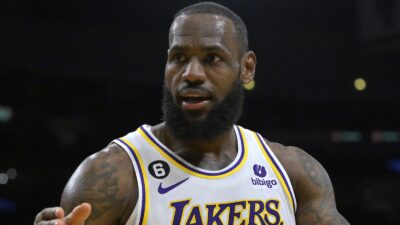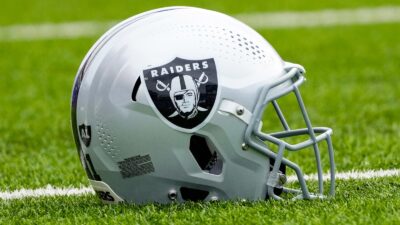
It’s punishing. An annual July competition that requires competitors to complete many uphill battles. May induce periods of vomiting. The twists, the turns. The dramatic calorie consumption required. Truly a cause célèbre. While this can certainly apply to the Nathan’s Hotdog Eating Contest, only the Tour de France hands out a yellow shirt that didn’t get that way due to mustard stains.
The Tour de France, or Le Tour de France if you speak French, is the summer’s annual bicycle race that attracts the best that cycling has to offer, if you exclude baseball players that is. Imagine getting on your two-wheeler (sorry folks, training wheels are verboten) and setting off from Los Angeles to the Midwest on a three-week journey, assuming someone in the history of man voluntarily would make such a trip. Now add in the elements of heat, humidity, punishing intangibles, and French people. Yeah, that tough.
The race itself was born at the turn of the 20th century, apparently as an idea hatched by a French sports newspaper to sell more copies. Thankfully, modern day writers have the Internet at the disposal. No offense, folks, but there is no way in hell you’d see this writer traverse hundreds of kilometers of French hillsides to increase readership, though the four of you — make it three — that read these missives are greatly appreciated.
The first race was held in 1903, a five-stage race that netted the overall winner 12,000 francs which, in 2011 dollars is many more francs than the current going rate for a sportswriter. The format has undergone many changes. Early races were racked by cheating. That, however, has not changed. Now, instead of hopping in a car or train to reach the finish line, current competitors have found a new way to become reviled: by seeking solace in vial form.
Of course, the history of the Tour de France is not quite a tour de force, to be sure. Any Francophile could tell you about the country’s culinary prowess as well the country’s greats in the sport, from Bernard Hinault to André Leducq. They might even be able to tell you the accounts of how Camembert and Roquefort came to be. Though it may share some similarities, you don’t need a block of cheese to tell you that the history of France’s grand cycling exhibition stinks. The drug use in the event has gotten so bad that last year’s winner, Alberto Contador, went from rolling down the Champs-Élysées as the winner of last year’s event, to being saddled with a positive drug test for clenbuterol. It certainly appeared that after winning the arduous race he couldn’t catch a brake. Well, since he’s riding in this year’s Tour, maybe I spoke too soon. (Apologies for the italics and poor bicycle puns.) Certainly, Contador isn’t the first or the last racer to have elicited a positive drug test.
The story of the Tour de France is filled with plenty of J’accuse and equally as much J’guilty. In the early days amphetamine usage plagued the sport. In 1998, during the Festina Affair, an entire team was disqualified after it was found with what amounted to a veritable Halloween grab-bag of performance-enhancing drugs. More recently, Floyd Landis was discredited on account of his positive tests. Even Lance Armstrong’s accomplishment of seven Tour wins, one of the gold standards in the sport, has been shrouded in doubt regarding its legitimacy despite unsubstantiated claims of drug usage. Where the focus should be on the pedaling, it has often been more on the peddling. As with the case of Contador and others, rampant scandal has become so pervasive in the sport that the traditional multi-colored jersey given to stage winners and overall leaders has been replaced with one that has the figurative black-and-white stripes. Sacre Bleu!
While Armstrong was conquering lands in France with the gusto of Napoleon Bonaparte, the ratings for La Grande Boucle saw more dramatic peaks than L’Alpe d’Huez. His retirement from the sport and the drug usage, the likes of which have not been seen in France since Vincent van Gogh was last seen along the Seine, have combined to paint a ratings picture for media covering the event look much bleaker than “Wheatfield with Crows.”
This year’s event has unsurprisingly received short shrift by the media here in the United States. With the closest American far back of the lead, the write-ups on the event have been overshadowed by advertisements for local markets promoting discounts on kumquats (and they’ve been just about as small, too). Up until last weekend, the leader of this year’s event was a guy named Thor, apparently trading in his hammer for a Schwinn. A recent check of the standings showed a French guy leading named Voeckler and two Luxembourgers named Schleck. If only you had the real “Eck,” maybe there wouldn’t be as many people dismissing the event as dreck.
OK, that seals it. I’m going to do what I can to regenerate American interest in the Tour de France. I just need to pull that bicycle out of storage, ditch the tassels, eighty-six the basket in the front, and get rid of the bell. Then I’ll be well on my way to becoming the next big thing in American cycling and help bring the nation’s glory back to the Tour de France. Sounds like a lot of work … Actually, check that, I’m going to get on the stationary bike, turn on the television, and just hope that the top seven finishers get busted this year. USA! USA! USA!












